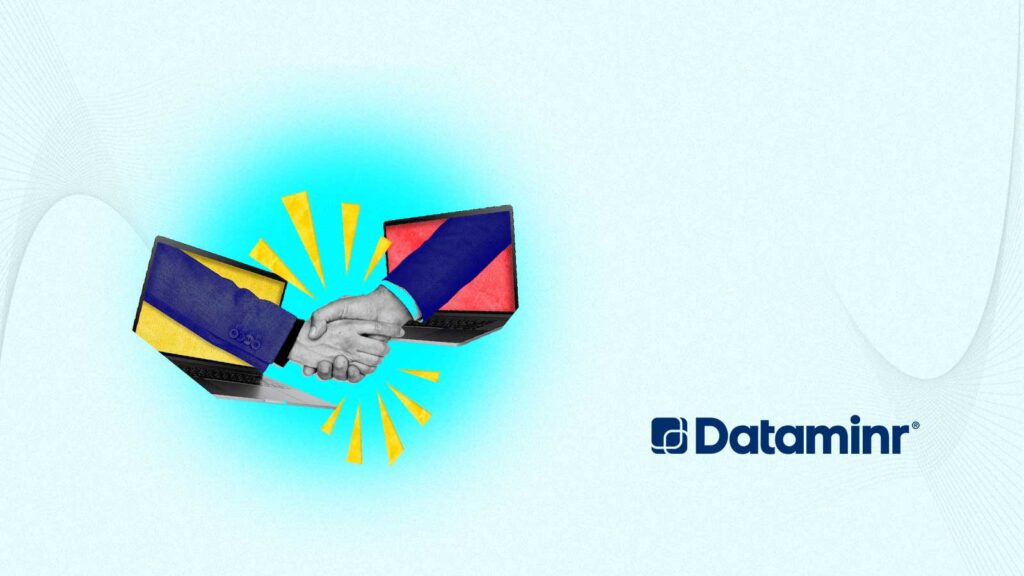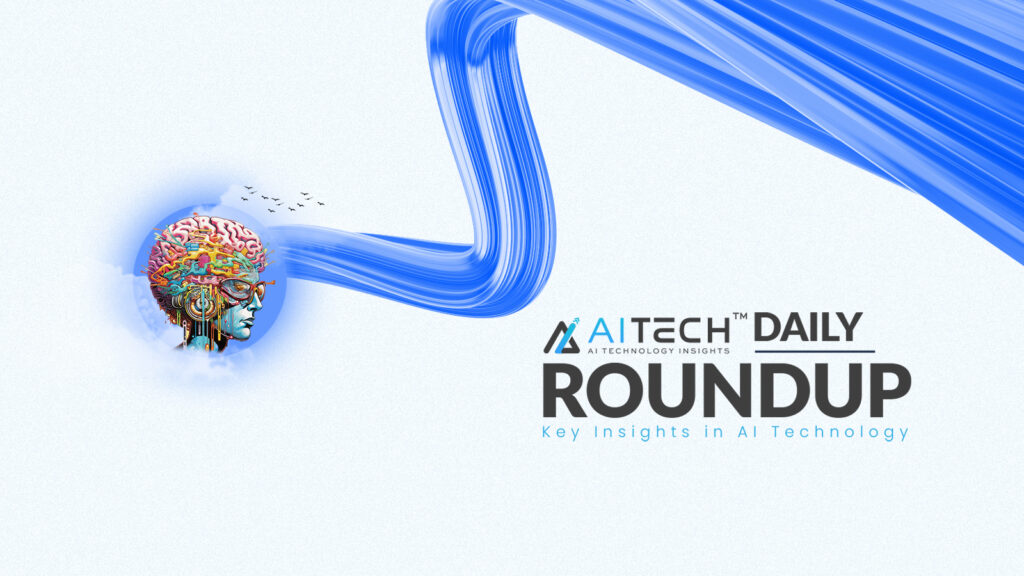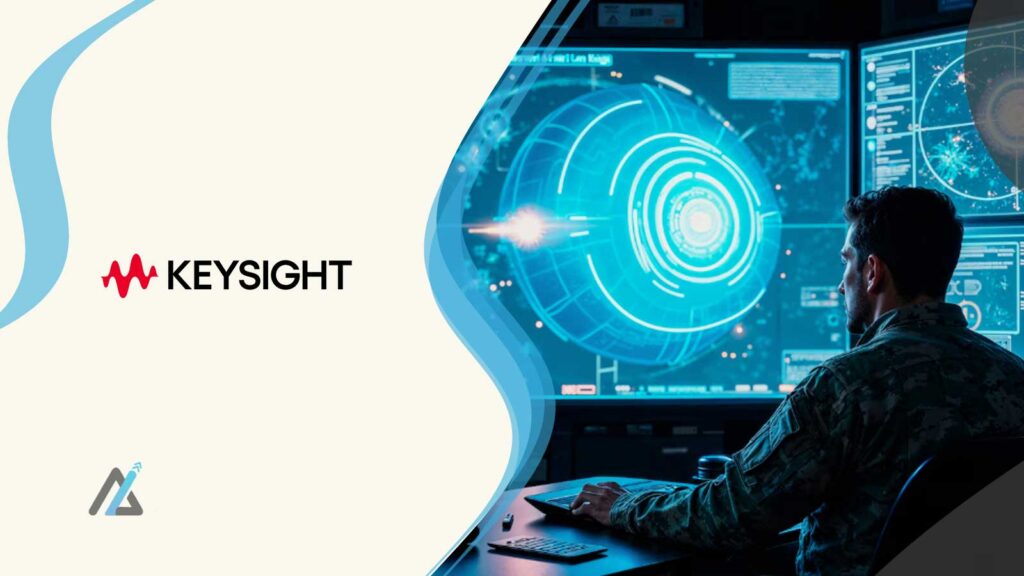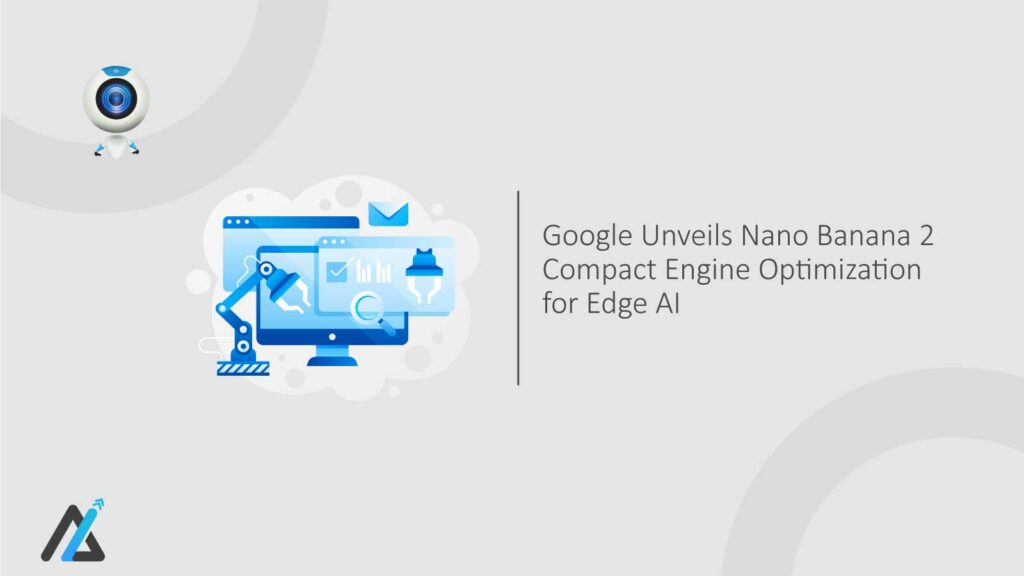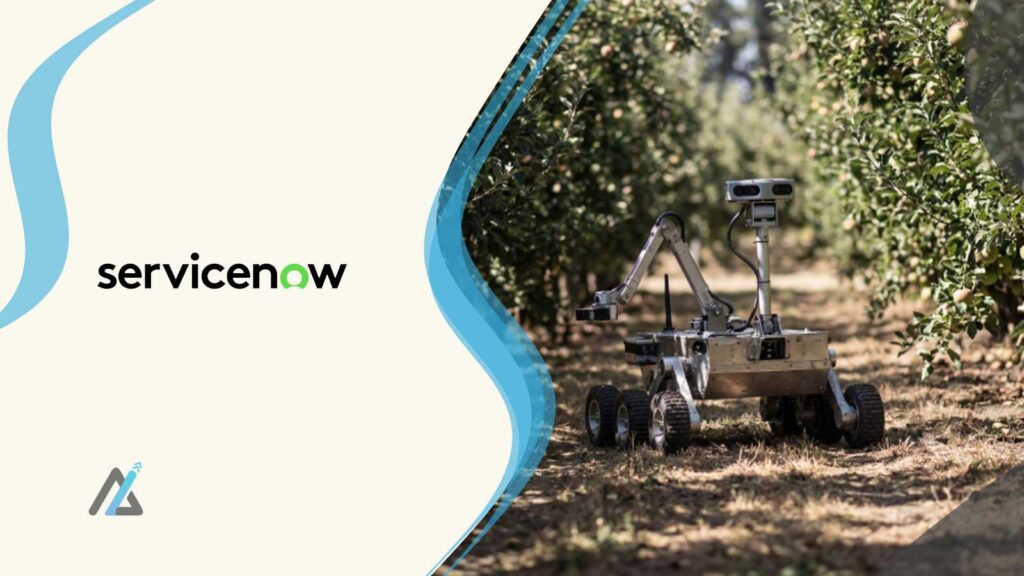Dataminr partners with social good organizations to scale humanitarian and human rights work through the use of AI
Dataminr, one of the world’s leading AI companies, announced the selection of its 2024 AI for Good Partners. After a competitive application process that began in April, Dataminr is excited to designate the Data Entry and Exploration Platform (DEEP) and Mnemonic as the two partners that will receive tailored AI solutions to drive transformational impact for people and the planet.
Now in its third year, Dataminr’s AI for Good program connects non-governmental organizations and United Nations agencies with Dataminr AI scientists to turn compelling ideas with social impact into innovative AI solutions. Dataminr will collaborate with DEEP and Mnemonic on tailored AI projects that accelerate and optimize resources for more effective responses to humanitarian crises, and accountability for human rights violations:
AI Tech Insights: Snyk Acquires Developer-First DAST Provider Probely
- DEEP, a multi-stakeholder consortium including the Danish Refugee Council and Data Friendly Space, will work with Dataminr to integrate user feedback into personalized tagging recommendations for DEEP’s free and open-source collaborative platform. DEEP was developed to facilitate knowledge-sharing across the sector, with more than 7,500 users in 90 countries leveraging the platform to quickly analyze reports – like situation reports and needs assessments – from the various entities involved in responding to a given humanitarian crisis. The results will generate a more complete picture of the operational context, informing more effective and efficient response efforts.
- Mnemonic, an NGO dedicated to archiving, investigating, and memorializing digital information documenting human rights violations and international crimes, will partner with Dataminr to process Mnemonic’s digital archive of multimodal data and label content such as incidents of civilian harm, infrastructure damage, and hate speech. Mnemonic’s digital archive hosts millions of data points that are valuable for the prosecution of war crimes and other violations of international law. This collaboration will help human rights lawyers expedite and optimize how they identify evidence relevant to their investigations.
Over the next year, Dataminr AI researchers will work closely with the chosen partners to define the scope of each project, conduct research into each use case, and then develop cutting-edge AI tools that help program partners enhance and scale their impact to use limited resources more effectively.
“This year, we’re focused on force-multiplication through our AI for Good projects,” said Jessie End, vice president for Social Good at Dataminr. “We’ve selected two incredible initiatives with partners who have built digital tools that support not only their own work, but also the efforts of organizations across the human rights and humanitarian sectors. We couldn’t be more excited to see the positive social impact made from our 2024 AI for Good partnerships.”
“The need for rapid and effective humanitarian response has never been greater, especially as we navigate new global challenges like climate-driven displacement,” said Joel Myhre, DEEP coordinator. “Working with Dataminr, we have an incredible opportunity to use AI in a way that enhances DEEP to enable more effective responses and provide critical support.”
Hadi Al Khatib, managing director of Mnemonic, also noted the importance of leveraging AI to scale the impact of his organization’s work: “Critical digital evidence of human rights violations is at risk of being overlooked or unused due to the overwhelming volume of digital content,” said Al Khatib. “Dataminr’s AI for Good program will enable us to efficiently tag and categorize vast quantities of information, ensuring lawyers, journalists, and advocates can quickly access verified data to support their work towards greater justice and accountability.”
AI Tech Insights: BCG and AWS Sign Strategic Collaboration Agreement
Impact of AI for Good Projects
Dataminr’s past AI for Good Partners have already achieved remarkable success. Insecurity Insight – focused on aid security, health education, and protection – worked with Dataminr to develop AI to automate the identification and classification of attacks targeting food systems. The solution has resulted in a 20-fold increase in the number of relevant events identified, now approximately 925 per week.
The United Nations Human Rights Office, which promotes and protects human rights across the globe, partnered with Dataminr on a scalable AI solution to identify and classify attacks on human rights defenders. The solution now identifies approximately 400 alleged attacks per day, a more than 100-fold increase in leads compared to their approach prior to implementing the AI.
Ushahidi, which leverages citizen-generated data for good governance, humanitarian relief, and human rights protection, partnered with Dataminr on AI to automate the categorization of crowdsourced data to more quickly and efficiently share information with impacted communities. Ushahidi can now process millions of crowdsourced data points within hours instead of weeks, allowing the organization to shift valuable limited resources from data management to insight generation and impact.
“Dataminr’s AI for Good Partners are doing vital work for important social causes around the globe, and we’re thrilled to bring our AI expertise to help further their missions,” said Joel Tetreault, vice president of AI Research at Dataminr. “By combining these projects with elements of Dataminr’s core AI capabilities — processing multimodal information and systematically refining AI models with feedback from domain experts — we can infuse speed and scale to drive exponentially greater impact on creating a world that is safer, more secure, and more just.”
AI Tech Insights: Cyngn Showcases Computer Vision Advancements with NVIDIA Accelerated Computing
Source – PR Newswire
To share your insights, please write to us at news@intentamplify.com


